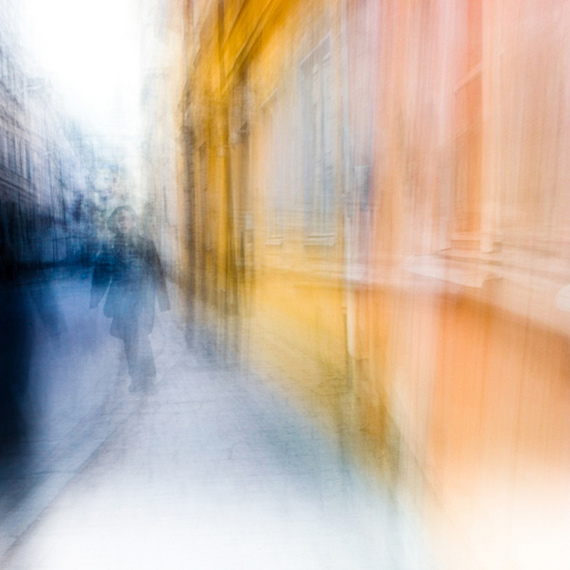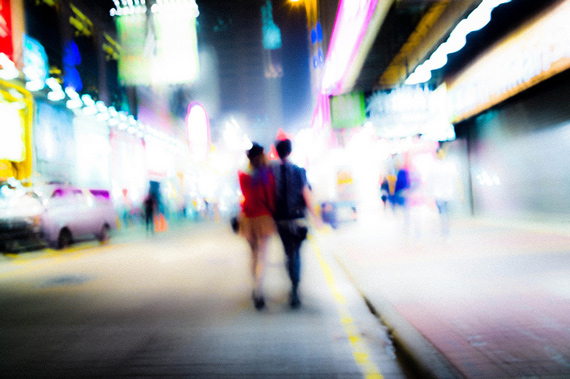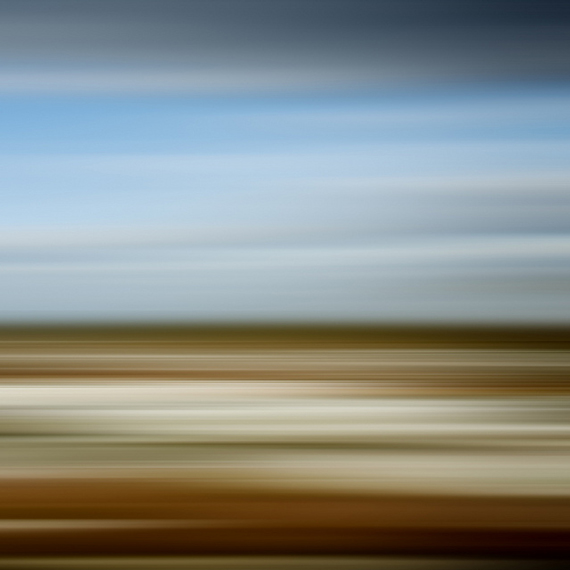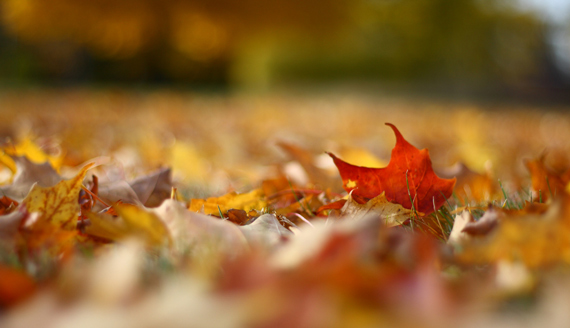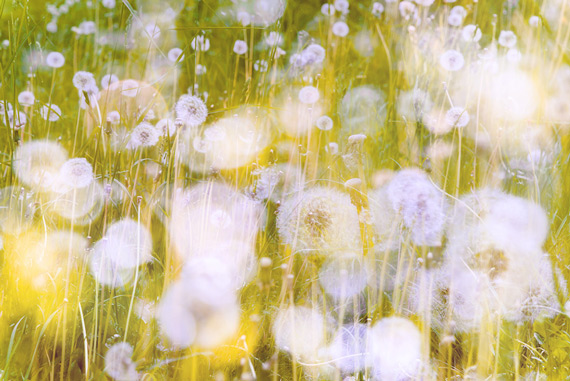The great thing about digital photography is that you have a wide room for creativity once you are in Photoshop. You can create any kind of effect by playing around with your shots in any way you choose. But what are some in-camera techniques for cutting edge, creative shots? Let’s look at some of the techniques you can play with to get the best professional and artistic shots. It’s fun, and your only limit is how far your imagination can go.
Zoom as You Shoot
One way to put a sense of movement in your image is to zoom your lens in or out while taking a shot, keeping your camera still as you do so. While panning puts a vertical motion into the picture, zooming gives a dynamic 3D effect. When you combine zooming with slow sync flash, you get pretty dramatic results. Try it and see for yourself.
Move Your Camera
You may have been taught that to get very sharp images, you need to keep your camera still while shooting. I am not about to dispute that. But sometimes you want a different result than sharp. You can add motion to your shot by moving the camera while shooting. To achieve this effect, you can pan, rotate, or even toss your camera.
Put Your Camera on the Ground
Catching your subject from this low angle gives a totally new dimension to your shots. You get to see your images from a new perspective. You equally capture an interesting foreground and maybe even one or two surprising objects along the way.
Experiment With Different Exposure Levels
Adjusting your shutter speed to overexpose, you can earn you bright, burnt-out images. Use this technique if you are shooting colorful objects, because it can give you the images on bright, burnt out background.

“The State of the Art is Smelly” captured by PictureSocial member Rob Castro
Use Low Sync Flash
This technique is your best bet if you are shooting in low light conditions with ambient light and a subject you want to light up with a flash.
Shoot From a High Pedestal
Here you attach your camera to a tripod or an extended monopod and a long shutter release cable. You are able to catch objects high up (billboards, for example) and equally shoot down on scenes you could otherwise not be able to see before. Fish eye and wide angle lenses make it even more fun.
Try Out Multiple Exposures
Not all digital cameras have the ability to do multiple exposures, but if yours does, you can achieve some extraordinary results. Take photographs of the same scene from slightly different angles and focal lengths. This is particularly effective with recurring patterns. You can achieve the same effect in Photoshop if your camera does not have a multiple exposure feature.
Change White Balance
You can put a variety of color casts into your images by playing with different white balance settings. White balance settings are designed to compensate for different types of light situations. You can warm up or cool down the image by experimenting with these images.
Understand Bulb Setting
By holding down the shutter release button, you can keep your shutter open for as long as you want. This allows you a lot of room to play around, especially in low light conditions. The bulb is quite useful when you want to capture light trails or fireworks on New Year’s Eve.
About the Author:
This articles was written by Steve Chijindu Igbokwe from fivestarphototips dot com.
Go to full article: In-Camera Photography Tricks & Techniques
What are your thoughts on this article? Join the discussion on Facebook
Article from: PictureCorrect
